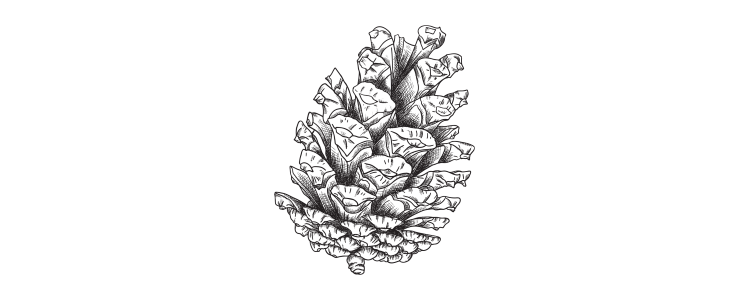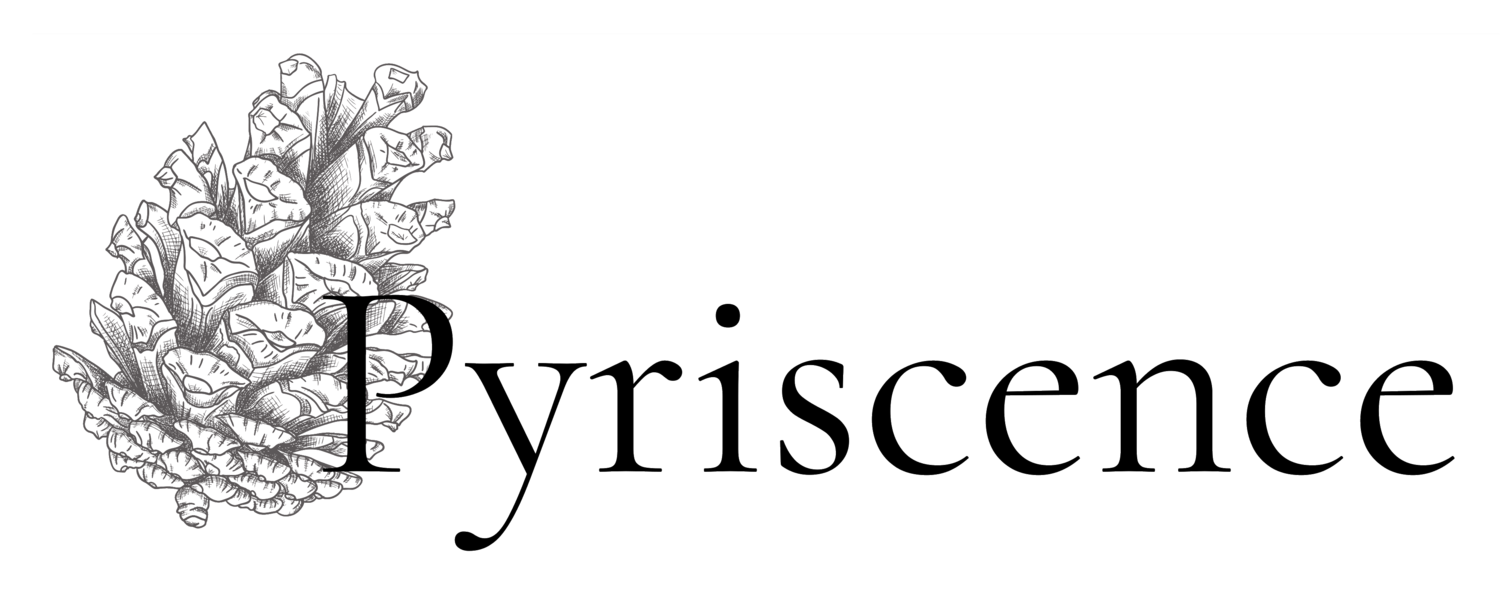Jordan Peterson and Citational Practice
Cartoon by Everett Cobain.
Over the past two years, University of Toronto professor of psychology Jordan Peterson has repeatedly and aggressively declared his desire for eliminating humanities and social science departments, their critical scholarship, and their courses from Canadian universities. In summer 2017, he proposed putting together a website of instructors’ names and course descriptions to help identify what he deems “corrupt” disciplines, in the hope that such a website would eventually realize his wish of getting rid of fields such as gender studies and critical race studies altogether. In hostile tones, he routinely denounces these and several other fields as “indoctrination cults” and repeatedly calls their practitioners “ideologically possessed.” They are, in his nonsensical term, “post-modern neo-Marxists.” He has declared that these fields “have to go, and the faster the better.” Fellow faculty at his university protested his announcement of such a denunciatory website in a letter to university administrators, and Peterson then put the proposal on hold.
Nevertheless, Peterson has continued his attack on universities in other forms. After Wilfrid Laurier University TA Lindsay Shepherd showed his appearance on TVO’s “The Agenda with Steve Paikin” in her tutorial session, and then recorded the meeting with her supervisors in which they criticized him, Peterson and Shepherd have both launched lawsuits against WLU. It seems that the combined effects of the university’s investigation, the dual apologies of the university president and instructor, the convening of a task force on freedom of expression, and its production of a draft “Statement on Freedom of Expression” are not enough to satisfy Peterson . In his effort to make Wilfrid Laurier University “learn what needed to be learned,” Peterson’s lawsuit claims defamation and punitive damages. In a YouTube clip, he explains that he wants this lawsuit to convince “careless university professors and administrators, blinded by their own ideology, to be much more circumspect in their actions and their words.” Peterson’s legal action has been called out for having a chilling effect on campus speech—one that seems to go against the free speech claims he himself has made on his own behalf, specious as they were.
Earlier this year, Peterson threatened a lawsuit against Wendy Lynne Lee, a philosophy professor at Bloomsburg University in Pennsylvania, for a tweet she published (and was forced to delete) calling him an “incel misogynist” and “committed white nationalist.” Given that many people with many more followers have called Peterson similar and worse things on Twitter, this particular threat of a lawsuit seemed a curious step to take. Peterson’s lawyer, Howard Levitt, explained the threat with reference to Lee’s position as a university professor, and the credibility that comes with that. Indeed, that Peterson threatened Lee and nobody else is part of a larger strategy, as Lee is an outspoken activist against the Professor Watchlist—a website similar to the one Peterson proposed and maintained by the conservative organization Turning Point USA. Furthermore, Lee is the author of a bibliography documenting Turning Point USA’s connections to alt-right personalities and online expressions of anti-Semitism, Islamophobia, racism, misogyny and homophobia. It should come as no surprise that Turning Point USA hosted Peterson as a speaker at the same time as he issued his legal threat against Lee.
Having long trained his sights on academic fields, approaches, and researchers he personally dislikes, Peterson seems all too willing to jettison his bungled free-speech advocacy in favour of legal threats. Yet the arena of serious discussion of and research on free speech is not the only arena he leaves behind—moreover, it is important to note that free speech has long been championed only conditionally and often for nefarious purposes. Even though he always broadly gestures to research he has read, Peterson has long abandoned any attempt of defending his positions on researched, evidence-based grounds. He avoids putting his most popular ideas out for testing in the academic arena, despite continuing to foreground his affiliation with the Psychology Department at the University of Toronto on his Twitter page, personal website, and everywhere else he gets introduced.
Peterson’s broad, hyperbolic, and incessant criticism of entire humanities and social science disciplines is not founded on substantive analysis, evidence, or even basic knowledge of what goes on in those disciplines. A growing list of searing critiques makes that clear. The term Peterson uses most ubiquitously, “post-modern neo-Marxism,” is pure piffle. While sauntering into legal discourse, he ends up arguing against crimes that do not exist. In an invited lecture that has “Marxist” in the title, he radiates confusion about what Marx did and did not write. Though he likes to rail elaborately against these philosophers, Peterson cannot seem to distinguish his Derrida from his Foucault, nor does he reference the titles of any of their books — a key practice when critiquing researchers whose arguments changed substantially over their careers — or the considerable scholarship that followed in their wake. He styles himself as a critic of historical fascism, yet he consistently downplays the essential role that anti-Semitism played in German Nazism.
Academic critics of Peterson have repeatedly pointed out that while he claims to argue against current research and teaching, he rarely references the work of the scholars and fields he so openly reviles, forgoing the foundational practice of citation—a clear sign that his criticism constitutes in no way serious scholarship. Instead, he engages in shallowly sourced polemic. While Peterson has built a large — and often reactionary — audience for these polemics, one would hope that his anti-university rants will not result in the ill-considered changes he so desires. For that to happen within a functioning academic system, one needs to speak to the disciplines one critiques and appear in the fora where the practices of these disciplines are seriously discussed. Institutional change does not happen by posting endless YouTube lectures, ranting to right-wing TV figures, or going on tour with Dave Rubin, but rather through publishing critical work and —most importantly — having that work recognized by being cited by other scholars, taken up at relevant meetings and conferences, and referenced in the administrative arenas where scholarship and pedagogy are shaped and re-shaped. Currently, change in academic disciplines is — in this case, to our credit — a rather bureaucratic process. Indeed, I study such practices of citation and processes of disciplinary change. Clearly, Peterson’s purpose here is not to instigate actual disciplinary or institutional change, but rather to discredit the humanities and social sciences in the eyes of the general public.
Of course, I know — and his fans remind me — that Peterson has an h-index of 51 and that an impressive number of peer-reviewed articles he has co-authored has been cited—nearly 10,000 times according to Google Scholar. Yet none of these articles present research on the issues on which Peterson now lambasts contemporary universities. Fitting with this lopsided pattern in his approach is the fact that he is willing to disavow basic principles of citation when they are applied to his own rants. In a New York Times opinion piece, philosopher Bryan W. Van Norden mentions Peterson as someone whose “adolescent opinion” on violence in civil discourse and women’s “unconscious wish for brutal male domination” disqualifies him from being able to demand a public audience. In the piece, Van Norden correctly quotes and summarizes points Peterson makes in an interview with Camille Paglia. Below is Peterson’s response to Van Norden, posted on Twitter to Peterson’s then-770K followers:
Checking the video, I verified that Van Norden’s direct quotes are accurate and his paraphrase is appropriate. I even transcribed the relevant passages on Peterson’s own Twitter timeline to rebut his false claims, but he didn’t respond. I also discussed Van Norden’s citation in detail with some of the Twitter followers Peterson so recklessly misled. As someone who has been involved in a prolific number of research publications, Peterson must know that Van Norden’s verbatim citations are correct and the paraphrases he provides are well within bounds. Yet Peterson is willing to lie repeatedly to his followers and claim he has been misquoted — followers who might have little knowledge of journalistic or academic standards and patterns of citation. Peterson wants to appear strongly dismissive of someone who criticizes his work without providing the necessary countercritique. He has since repeated this pattern in response to another New York Times’ piece by Jessica Valenti. Citational practices are at the heart of academic publishing and scholarly critique: if Peterson can no longer accept one of the most basic elements of academic discourse, how can he expect to be able to speak about how universities should change?
There is little sign that Peterson is willing to do the hard work of researching, publishing, speaking, and citing in a way that changes, challenges, and improves university practices from within. Such change is an ongoing, long-term process to which many of those who Peterson derides have devoted years of thought and energy. Yet as the recent case of Hungary demonstrates, popular opinion spurred by authoritarian politics can result in funding withdrawn from programs, such as gender studies, that critique and threaten entrenched power structures. Thus it is crucial that all of us who do this work honestly must continue to stay ahead of Peterson’s ill-founded claims not only in our institutional work but also in the public sphere. Peterson appears most interested in changing the university from without and has joined forces with well-funded reactionary organizations. When he emphasizes his position in the academy in order to discredit other researchers and disciplines, he lends legitimacy and weight to reactionary funders and audiences who support him and are keen to impose their agendas onto higher education. Those of us who care about the university as an institution of critique and knowledge production must work together in every sphere to resist such attempts to influence and limit academic freedom and inquiry.
(Special thanks to resource lists maintained by A.W. Peet and Noah Berlatsky.)
Katja Thieme studies and teaches writing at the University of British Columbia, Vancouver. She grew up in East Germany, watched the Wall being scaled by angry citizens on her high school’s TV, and since then has been studying forms of political protest and genres of political movements.








